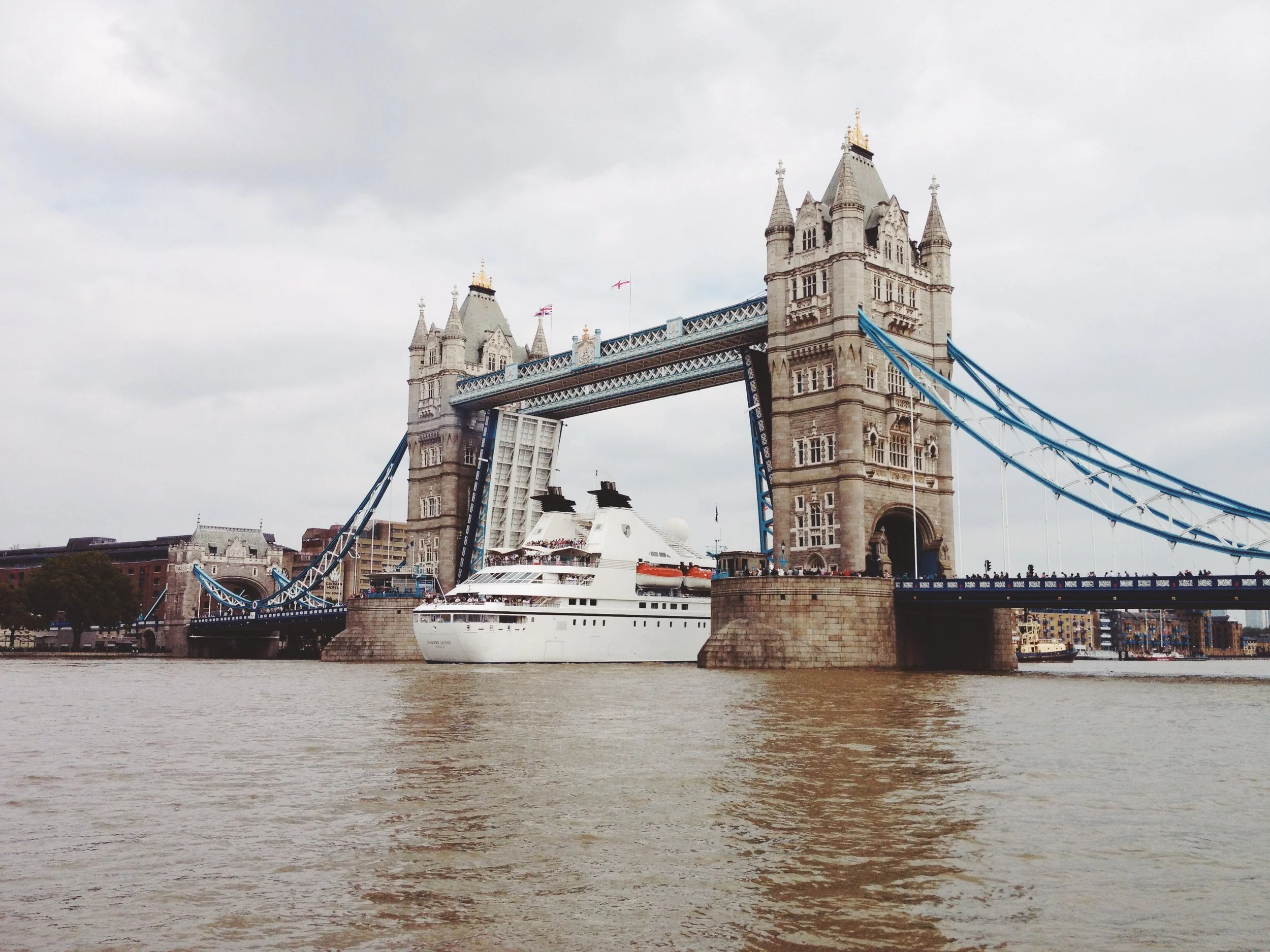Why does a boat have 64 shares?
The transfer of ownership (or sale) of a boat is usually documented with a bill of sale and in most cases this important document will refer to ownership in 64 parts. This begs us to ask the question: why 64?
We conducted some research and found that there are a number of theories as to the historical reasons for this. We believe that one influencing factor is that many years ago wooden sea going boats often had a hull made up of 64 ribs. Another theory from the Victorian era suggests that boats had 100 shares but 36 of these would be taken in the form of a tax, leaving the owner(s) with 64 shares. Similarly some say many years ago the British Government of the day used to hold 36 of 100 shares enabling them to requisition the boat in times of war leaving the owner(s) with 64 shares.
Putting all of that aside the most likely origin is medieval Italy. In Italy it was common for many goods to be divided into either 24 or 64 shares. Shares in boats were very common and was used to raise funds for the construction of boats and voyages by selling each share - a bit like today’s money markets. This practice began (as you might expect) in Venice before spreading throughout Italy and later across Europe.
In Britain before the 1800s the division of shares was not noted on boat registration documents, however, in 1823 the Shipowners Society proposed using 64 shares. The idea was later enshrined in the Merchant Shipping Act of 1854 and continues to this day.
The ability to own shares in batches of 2, 4, 6 or 8 or all 64 parts provides great flexibility. The distribution of shares is shown at the bottom of a British Bill of Sale document and this must be presented in words and figures.
The share split is important for a number of reasons including registration. To register a boat on Part 1 of the UK ships register, the majority of the shareholder(s) must be a UK resident and a British Citizen, EU citizen or a British company or a member of a small handful of other qualifying groups. For example where a couple wish to jointly own a boat but one is British and the other is of a nationality that does not quality, say Australian, the British partner would have to own the majority of the share of the boat outright. The division of ownership would need to be documented in the Bill of Sale and registration on Part 1 of the UK ships register.
Article courtesy of Arkle Finance Limited

